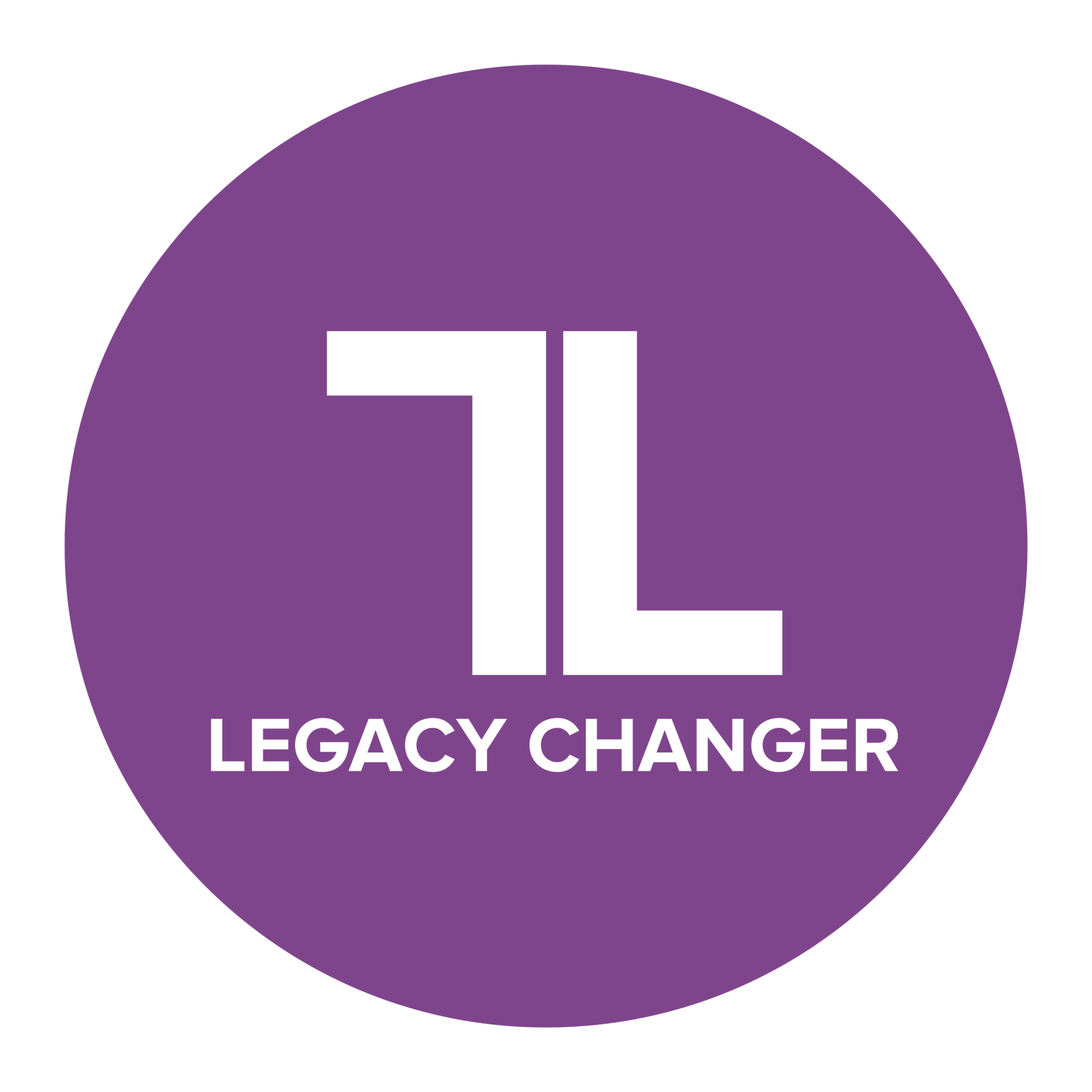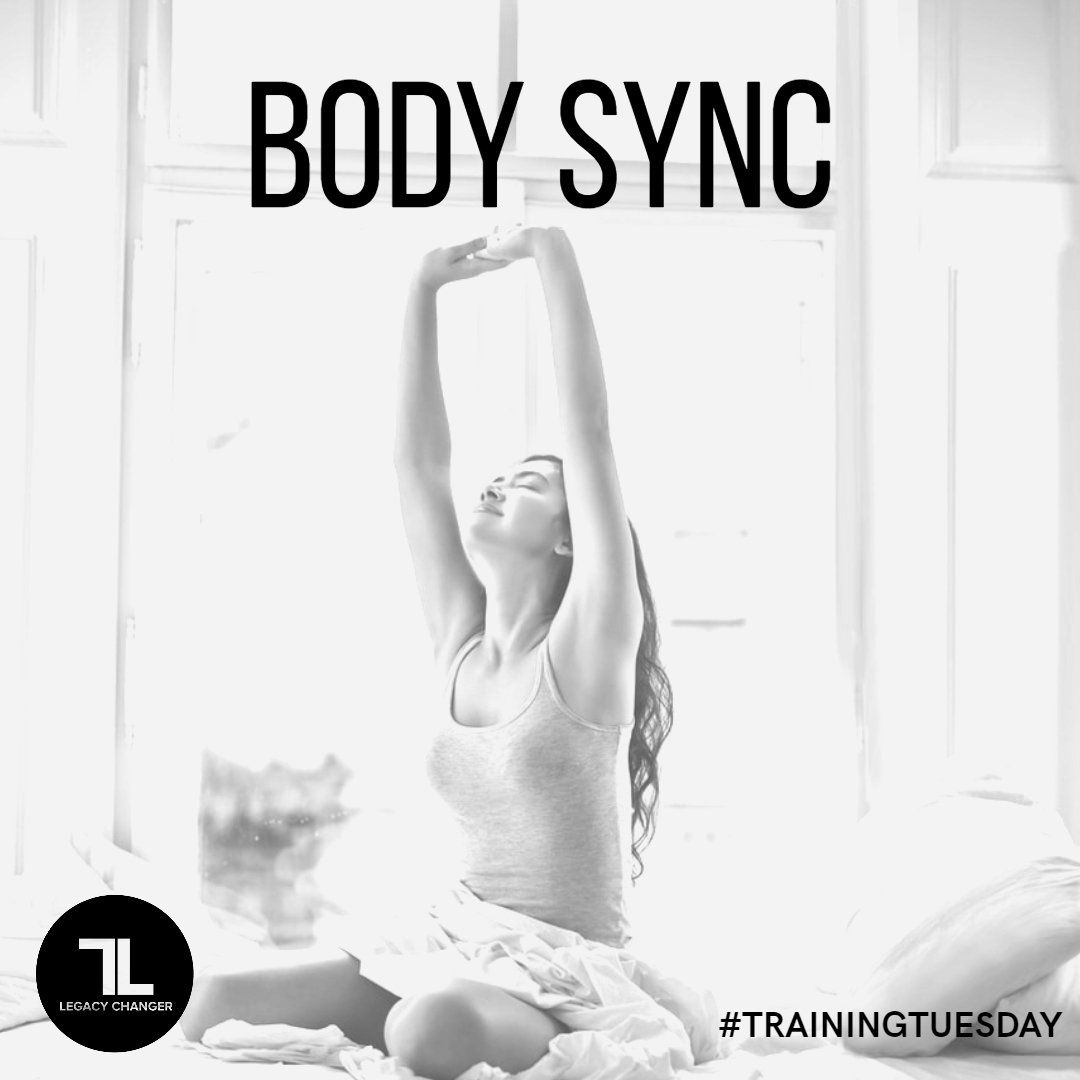Letting Go...
Brittany Outlaw • December 13, 2019
This is a subtitle for your new post
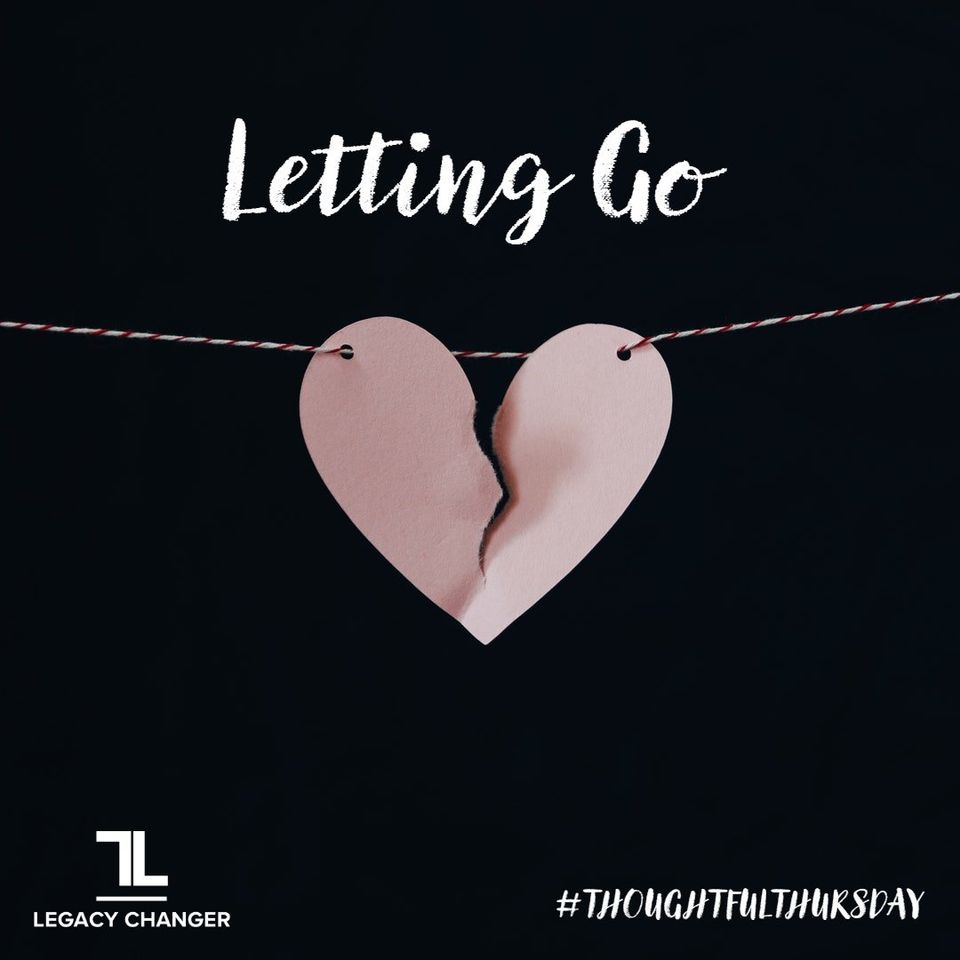
The other day, someone I follow posted a meme that read, "you will not heal if you keep going back to what broke you." There could be many levels of interpretation for this topic, but I want to stick close to last week's topic which focused on healthy boundaries. From both the blog post and podcast episode, there were some recommendations including, but not limited to: 1) letting people know what our boundaries are; and 2) ending relationships where the boundaries are consistently crossed or disregarded. Often, if we find ourselves removed from a situation due to boundary issues, we have likely endured some level of hurt or harm from a person we cared about or respected. And it is also highly probable that our break from the individual(s) was not a clean one, especially if the relationship lasted for a long period of time. Sometimes we prolong our healing by going keeping the connection open. Not only does it leave opportunity for them to repeat the offense(s), but it can also keep us in a cycle of dependence on that person.
Think of your heart like a bone. If it’s broken, and you never give it a chance to rest, you will prolong your healing or, even worse, cause permanent damage/deformity. Instead of looking back, look forward to a healthier emotional and relational future.
The Legacy Changer Blog
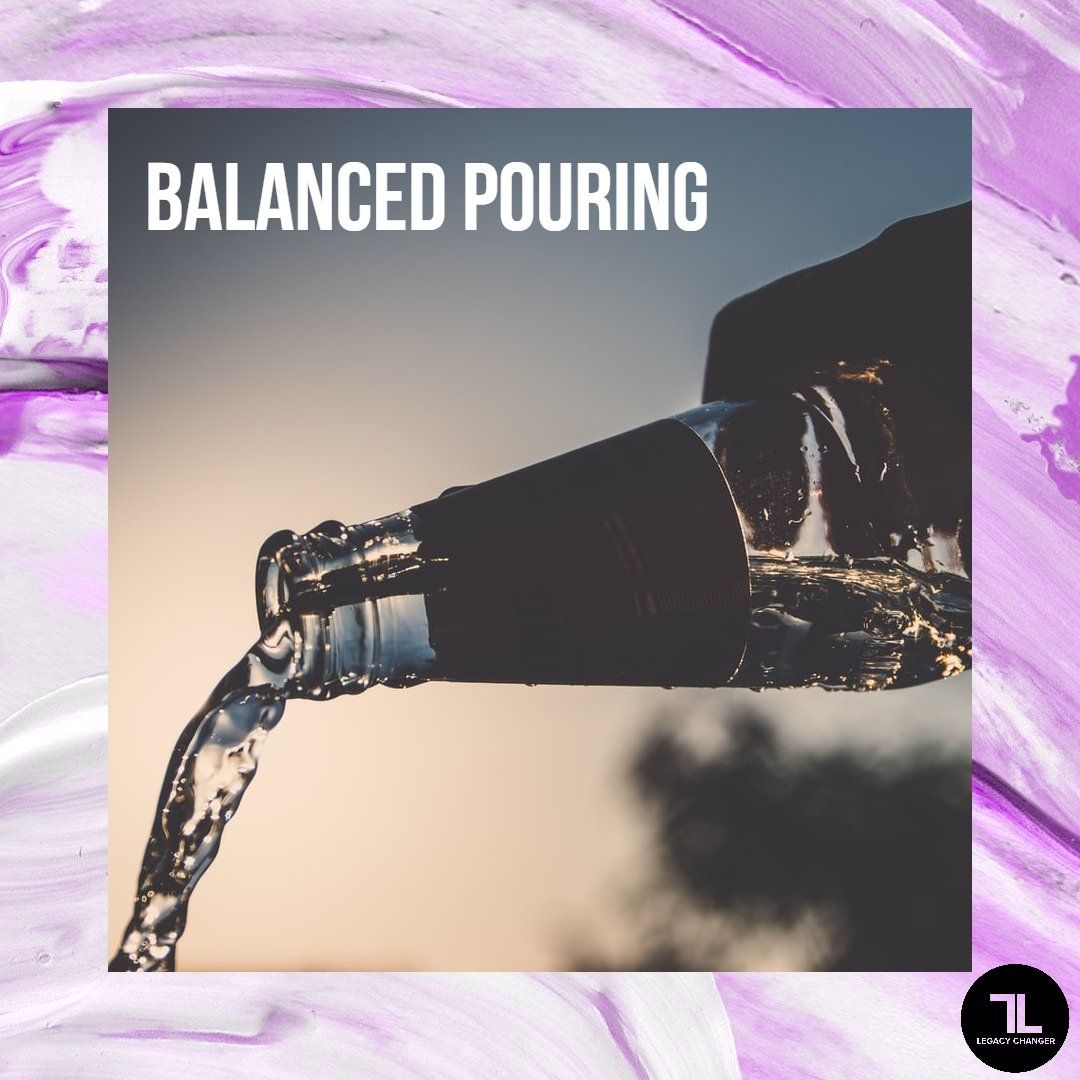
Like many of you, the last year forced me to take inventory of my life including my relationships with others. Whether familial, work-related, romantic, or friendly, I have always tried to be mindful of the company I keep. More recently the concept of “pouring” has been something I have chosen to pay particular attention to. “Pouring” relates to how you give or “pour” into others and how receive from others. And I would suggest that your relationships should have a proportionate amount of you pouring into others as there are those pouring into you. This does not mean that every relationship is equally balanced but the ratio across all relationships should be seemingly 1:1. For example, you may have a mentor who advises you on various areas of your life. And you may find you do not have as much to offer your mentor as they offer you. This would be a relationship where you are more of a receiver than a giver. And there are other relationships where you may be in the position of mentor and are pouring into someone else more than they are giving to you. And of course, there are those where you give to the other person just as much as you receive from them. Another layer to this is that there may be seasons where you must give more to a person and other seasons where you are the receiver. The hope would be that all the giving and receiving across your many relationships is balanced. If you find that everyone around you is getting something from you but you get little to nothing from them, your well may run dry which could have a negative impact on your various areas of wellness (mental, physical, emotional, relational, financial). And if you are receiving more than you give, is it truly fair to hoard knowledge and resources without giving back to someone else in need? This week I urge you to take inventory of your relationships and see if there is anywhere you need to give more, give less, or reallocate your energy and resources so that you have the balance you need.
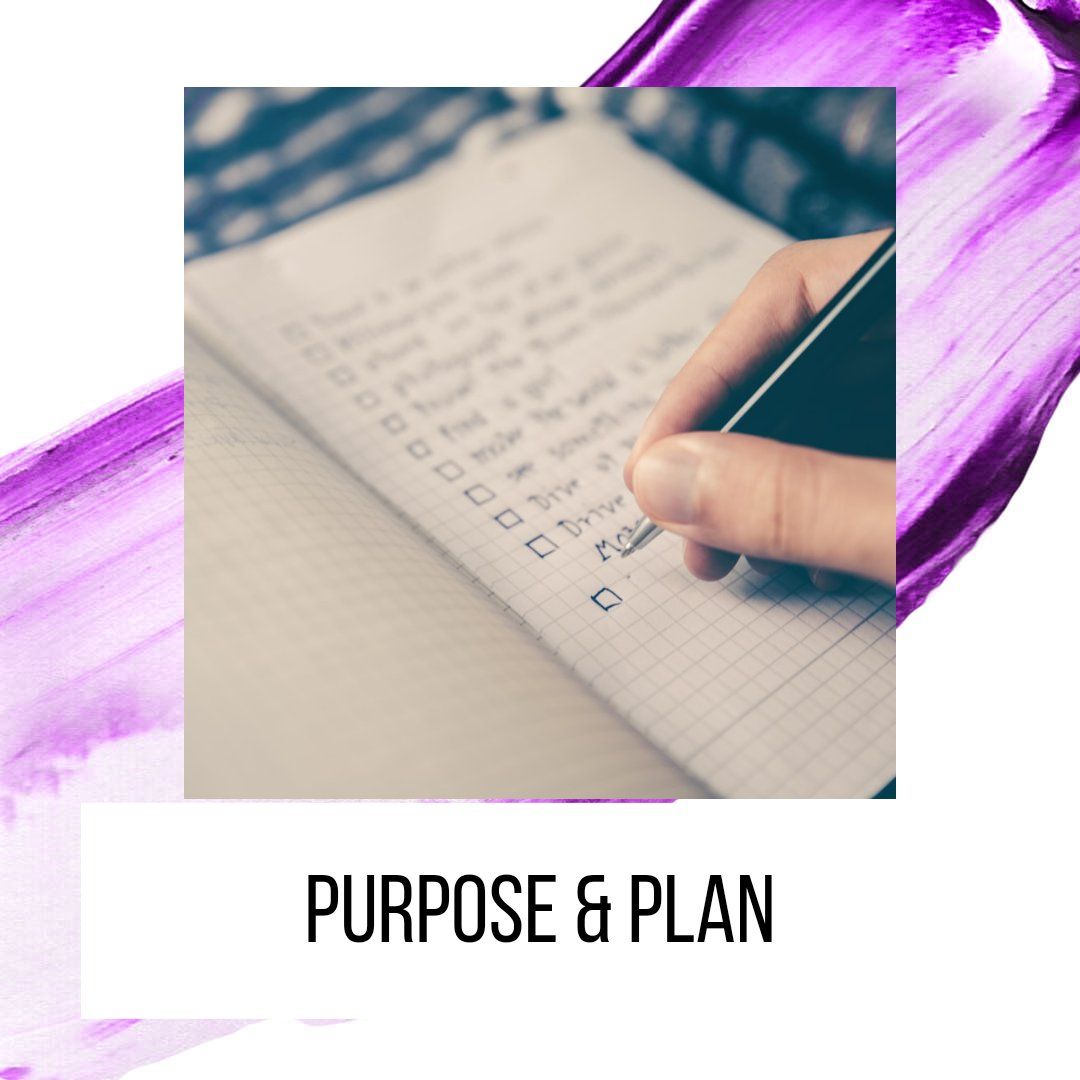
Life moves fast and you often have to keep up or get left behind. A lack of purpose and plan often causes us to get swept up. What is it you want for yourself, your family, your community, and beyond? How can you contribute to bringing these things to fruition? These are just some of the questions that can help guide you to understanding your purpose and then designing a plan. Of course having a plan doesn't mean there won't be hiccups along the road. But having purpose fuels your fire to make alternative plans when others do not work out. And it's good to be open to the idea that as you grow and mature, the outline of your purpose may reshape itself or be coupled with a new purpose that runs in parallel. For example, this year may be designed to focus on fixing your credit score but maybe next year you want to adapt to a credit free lifestyle based on new discoveries. Also, you should be aware of the people and things to that serve your purpose and those that don't so you can manage them in a way which leads to success. Let's say you want to reach certain financial goals in life but you also want to get married. It would be counterproductive to align yourself with a partner whose values, or lack thereof, would deter you. So don't get left behind. Decide where you see yourself going and make a plan on how to get there.
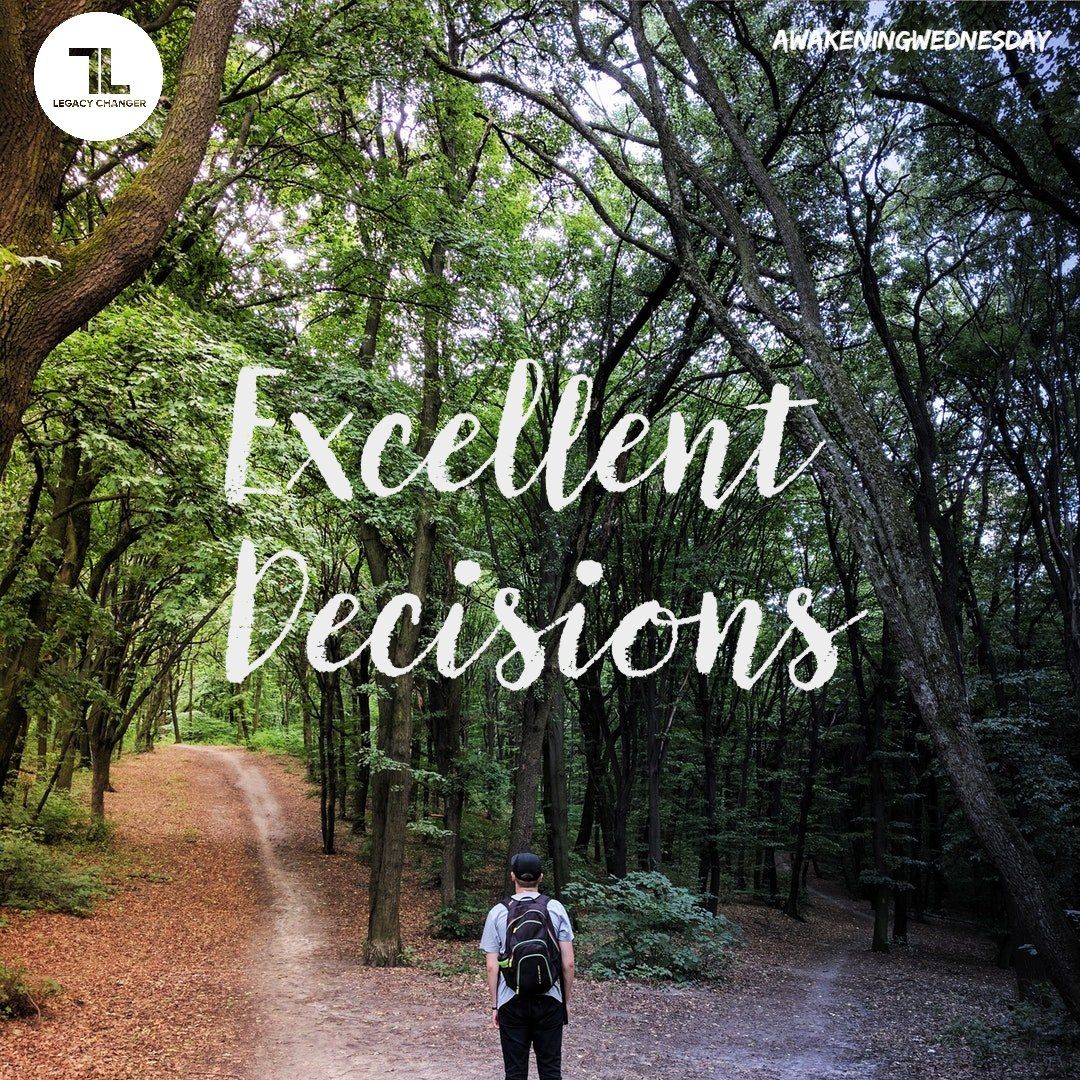
“Excellence doesn’t always mean flawless; it just means blameless.” – Stevie Mackey Too often we beat ourselves up for what we could/should have done better or differently. Sometimes our poor decisions of the past plague our future as it can lead to insecurity in our own decision making. The past should be used as a tool to inform and guide your present and future. If you are shaking your head at your younger self and some of the decisions made, at least that is a sign that your present self is wiser than before. I am sure you can think of at least one person who is making the same mistakes years, even decades later. The fact that you are still here today is an indication that your decisions, while not perfect, have done well enough to keep you going this far. Allow recollections of the past to serve as an opportunity for reflection and evaluation; not to be birthed into a self-loathing session. Always remember, you are beautifully and wonderfully made exactly as you are…bad decisions and all.

Life is constantly moving and changing. And each experience can teach us something about ourselves. At times however, there can be a fine line between enduring a beneficial challenge and subjecting ourselves to toxic or abusive situations. With a challenge you will find yourself in a better circumstance then you left off. Maybe you had to sacrifice or lose some things but you will ultimately end up in prime position to keep moving forward and winning. In the result set a toxic or abusive situation, the cons outweigh the pros and you will likely lose much more than you gain. Examples at work Challenge: A boss who pushes you to produce great results because they see your potential and want to help you reach it. Abuse: A boss who makes you work long hours when the only justification is feeding their sense of power over you. Examples at home: Challenge: Your significant other is under a lot of pressure at work which is causing them to be moody at times. Abuse: Your significant other is constantly using you as an emotional punching bag. It is important to assess your circumstances and ensure that you are subjecting yourself to an unhealthy situation. Challenges can be difficult but they are not built to destroy you in the way that abuse does.
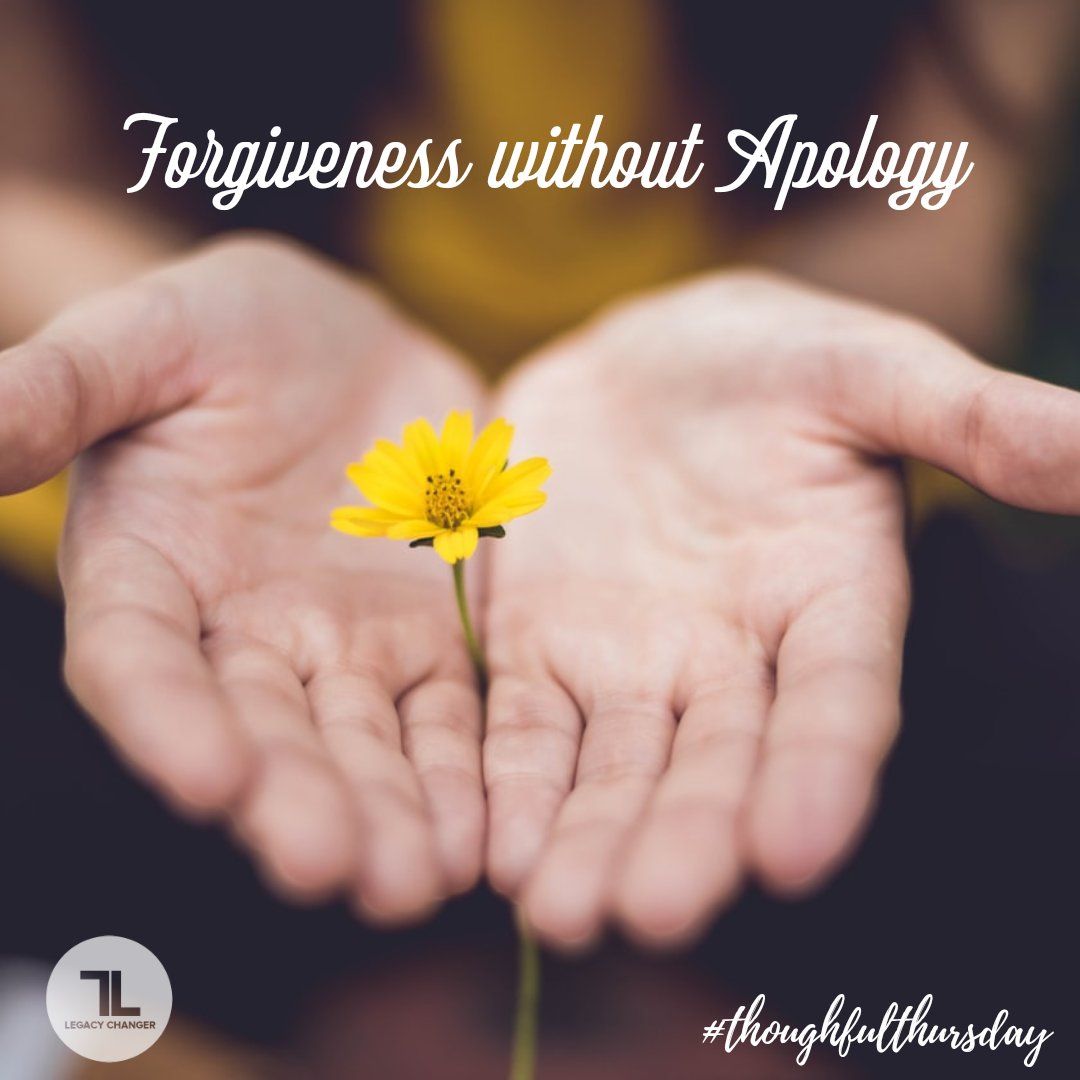
Most of us have experienced hurt from someone who never apologized or said they were sorry. When you have/had a meaningful relationship of any type with someone, it is no easy task to move past negative feelings which resulted from some kind of offense. We ask ourselves, "how could he/she/they refuse to acknowledge what he/she/they did to me?" As hard as it may seem, we have to forgive those who hurt us whether they've asked us to or not. The forgiveness is not for them. It's for you. Hurt is a heavy weight to carry and why be bogged down by something when the person responsible doesn't care about or respect your feelings. It isn't easy and likely won't happen overnight. But over time you'll come to accept who they are and what they did. And day by day the pain will diminish. Then you'll realize you can recall the situation and no longer feel the pain it once caused.
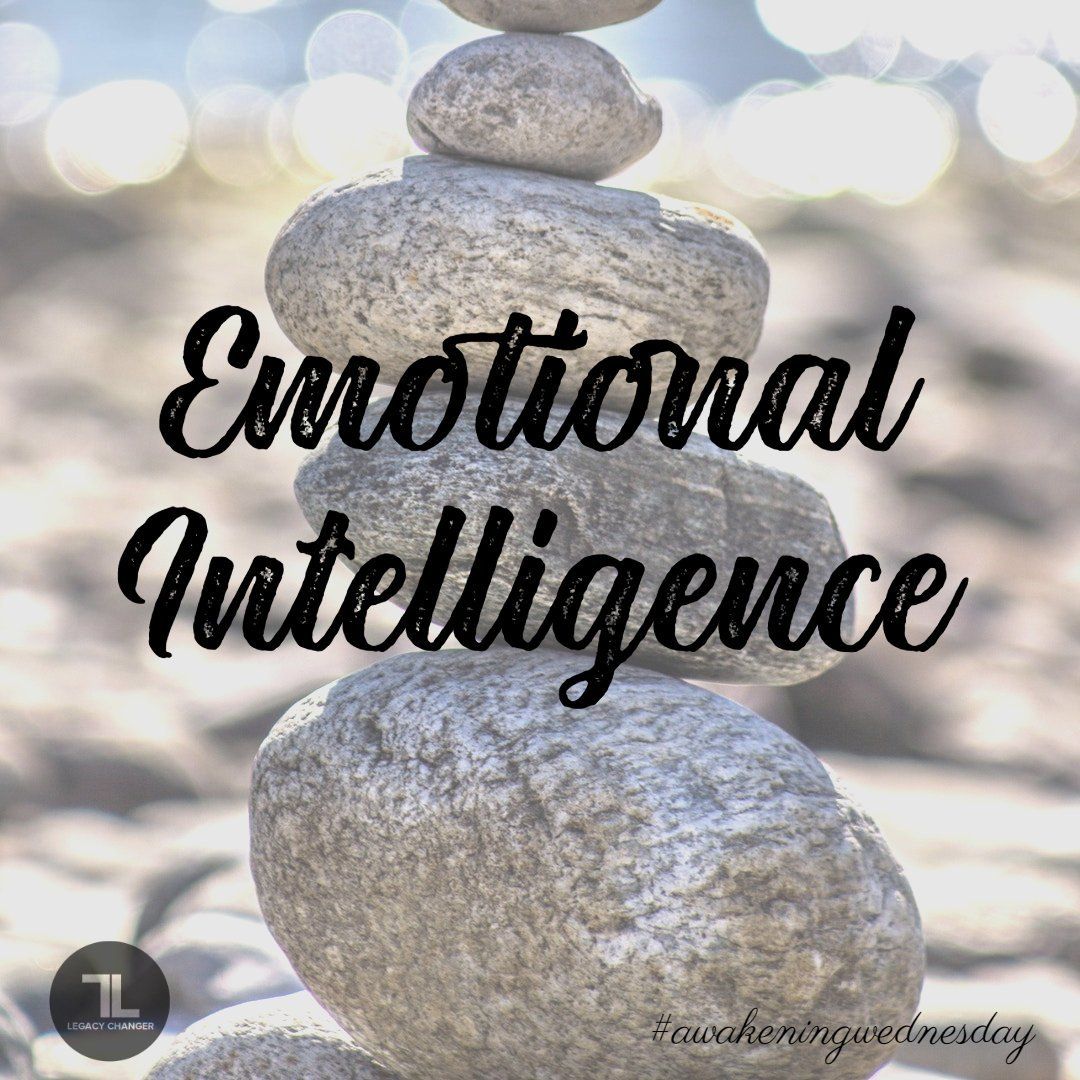
Years ago, I was in a position of being unappreciated for my efforts and contributions. I used to be so upset because people did not acknowledge my hard work. One day after much prayer, I came to one very powerful realization that has helped me in so many ways: "You cannot always choose what happens to you. You can choose how you respond to it." I realized that I couldn't make them treat me any differently, but I could choose to not let it impact me in such a negative way. Emotional intelligence is "the capacity to be aware of, control, and express one's emotions, and to handle interpersonal relationships judiciously and empathetically." Some people think emotional intelligence is not having or expressing emotional, but emotions are such a special aspect of our humanity which we should experience. Practicing emotional intelligence allows us to experience emotion without being overcome by them. Whether its people, events, or circumstances, at some point in this journey of life, we will experience things that are undesirable and unpleasant. And we have the power within ourselves to determine the impact we allow those experiences to have over us. Over the next few weeks we will explore the five aspects of emotional intelligence and what we can do to practice them in our everyday lives.

Last week, we talked about setting goals to create a healthier you in 2020. If you've set your goals, it's important to make a plan to guide you and keep you on track. Creating a plan also helps you gauge how feasible your goals are. For example, you may have set a goal to eat a healthier diet. A lot of foods deemed unhealthy are pretty addictive and hard to cut cold turkey. Setting a plan that allows for a transition period will produce a more sustainable change. So instead of getting rid of everything at once, choose to remove desserts the first week, soda and unnatural juices the second, deep fried foods the third, and so on until you've successfully eliminated all of the items you've vowed to give up. Remember small changes lead to big changes.
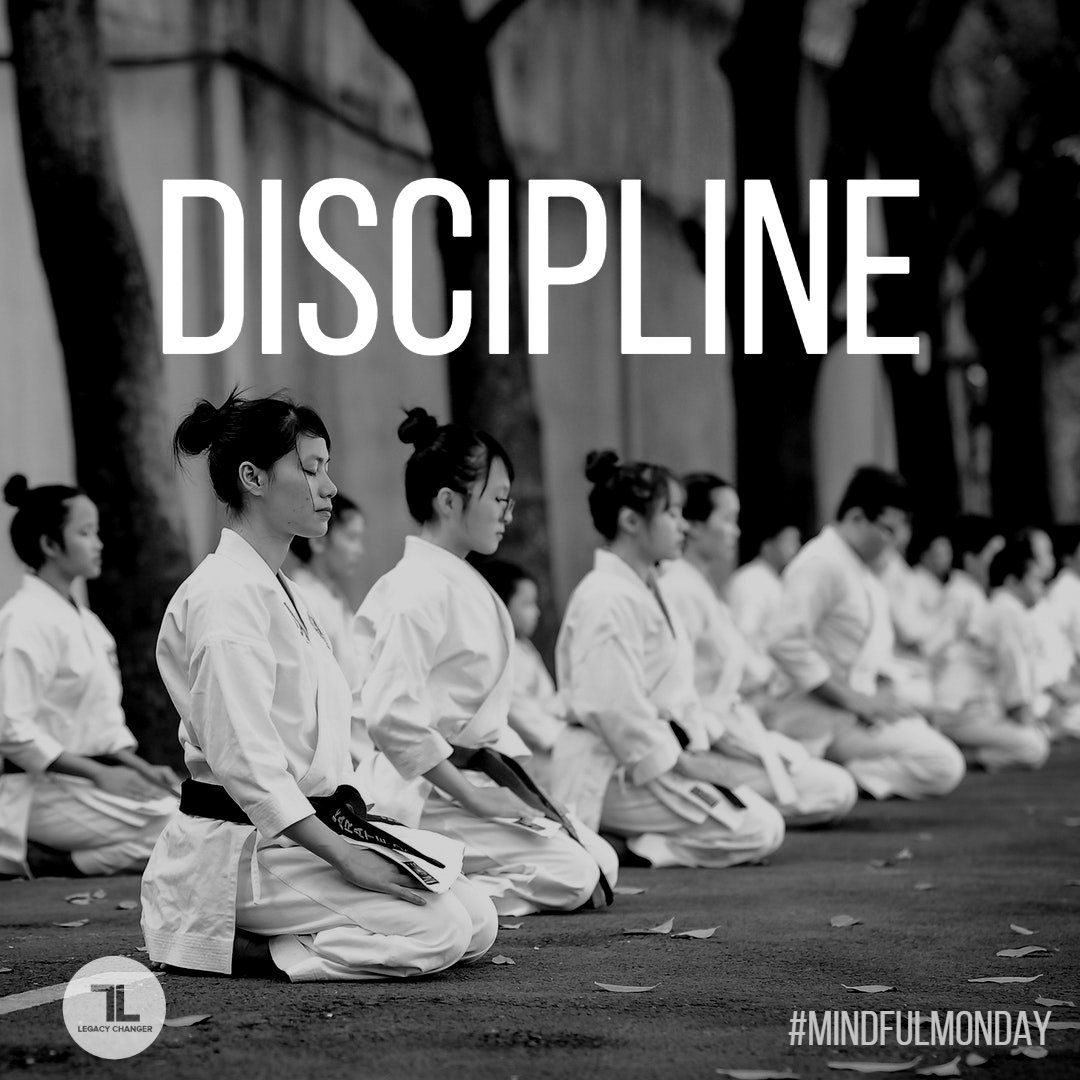
Most of us probably started the year with the "New Year, New Me" slogan in mind, taking on the year with hope to do something different. And it's likely that the majority of us have already given up on that goal. Studies show that while 77% of us are still striving by the end of the first week of the year, the majority of us fall of after the January 12 with only 8% of people actually meeting their New Year's resolution goals. If you've already fallen of the wagon, it's easy to shrug your shoulders and accept that you are apart of the 92% who just won't make it. But I don't want you to accept that. Allow this year's resolutions to inspire a new level of discipline. So what if you fell off? Get up, dust off your shoulders, and go make it happen. A bump in the road is not the end of the journey. I want you to run after the idea of being that 8%. At then end of this year or whenever you meet that goal, you will look back and say "Man, I almost let myself be like everybody else, but I chose to be in the 8%. I chose to be extraordinary." You want it. Go get it.
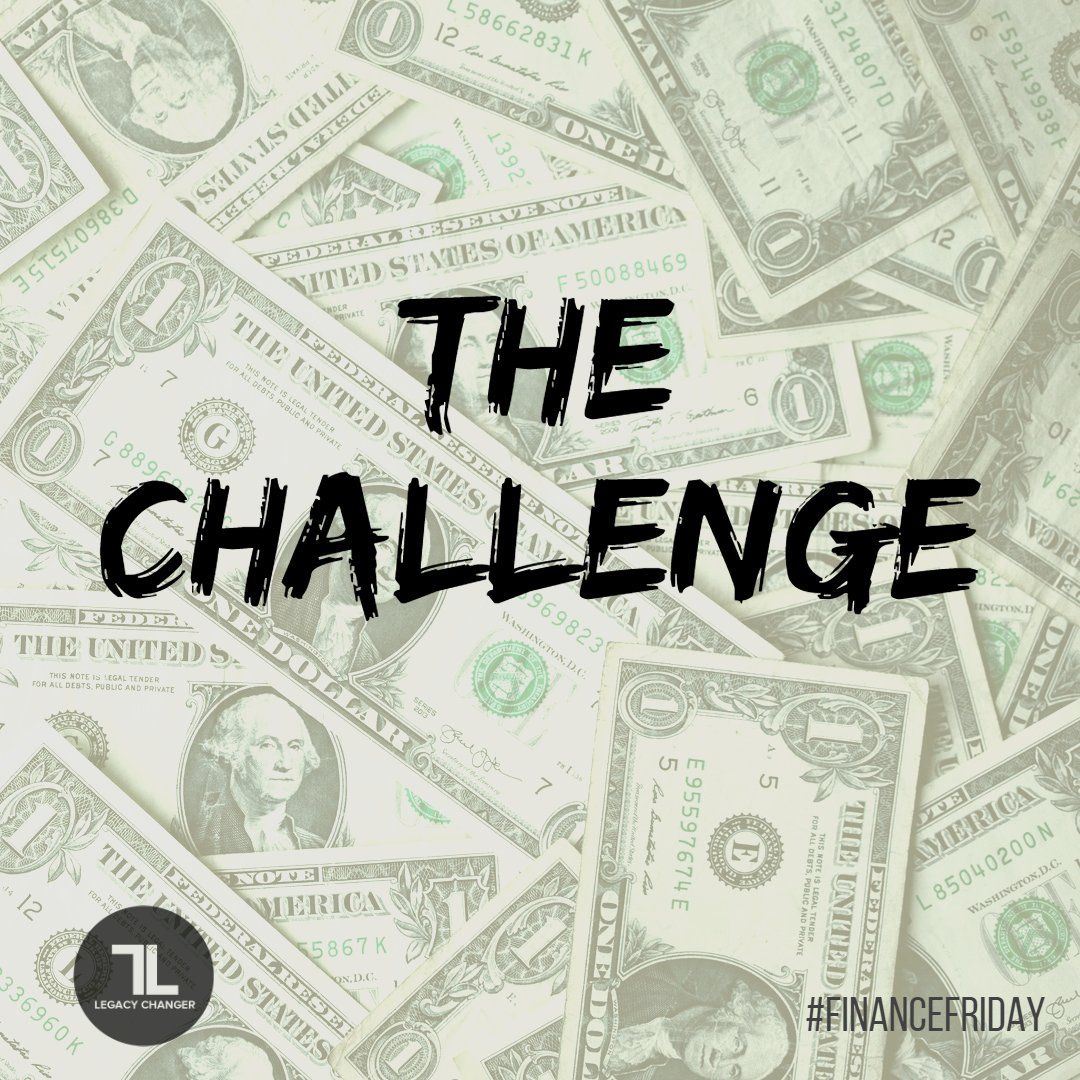
The other day I was engaged in a conversation where we were sharing different savings ideas. We all walked away so motivated and I wanted to take the next few weeks to share some of these ideas with you all. Consider all the options and see how you can create new healthy savings habits by adopting one, several, or all of them. This week I'm recommending the 52 Week Challenge. In this challenge you save the dollar amount of the current week. For example, for the first week of the year you save $1. For the second week of the year you save $2 and so on. With 52 weeks in a year you'll go from $1 a week to $52 a week. In total, you will end up saving $1,378. If you did committed to this challenge every year for 10 years, you could save $13,780! With many of us getting paid bi-weekly (every two weeks) or semi-monthly (twice a month; 1st & 15th or 15th & last day) it may be easier to save at the intervals which you are paid. In this case you are starting on either the 1st or 2nd week starting with $3 and adding $4 every two weeks. For example, Week 1 or 2 you save $3, Week 3 or 4 you save $7, Week 5 or 6 you save $11 and so on. This is the one I am most excited to do this year and I hope it inspires some of you as well. I've included a spreadsheet for you to download and use to track your progress. The spreadsheet includes both the weekly and bi-weekly options. Happy Savings!
